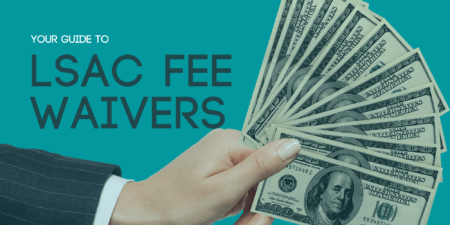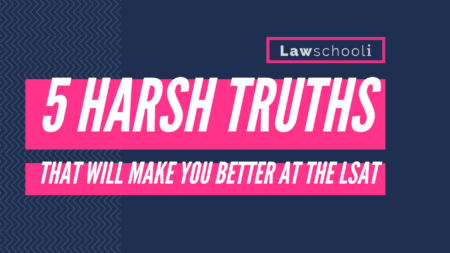I’d say that the first step would be to get a general idea of what to expect from each of the three sections (Logical Reasoning, Reading Comprehension, and Analytical Reasoning/Logic Games).
Check out these free LSAT questions available on the LSAC website. Go through those questions and become familiar with the types of questions that you will see on the actual LSAT. Review them carefully and take advantage of the explanations that LSAC has provided.
For the questions that you got right, make sure that you got the correct answer for the right reasons (make sure that the LSAC explanation provided approximates the reason that you chose the answer that you did.)
For the questions that you got wrong, carefully review the LSAC explanations and try and figure out why you chose an incorrect answer. See if you can understand why the correct answer is, in fact, correct.
In any case, DO NOT get discouraged if you are struggling at this point. The LSAT is a difficult exam and it does take a while to become familiar with the questions that you will encounter. BUT, the LSAT is a very learnable exam. With work, you will be able to do just fine!
Once you have familiarized yourself with this material, I would highly recommend taking a self-timed full-length exam. Either the free one available from the LSAC or one that you have purchased. This first “diagnostic” exam will give you a great idea of the progress that you make moving forward, and will also give you a better understanding of how the strict time element plays into the exam.
Once you have taken the diagnostic practice test, now the work begins. Review your diagnostic exam and see what your weakest and strongest sections are. I’d recommend starting with your strongest section, get the PowerScore Bible for that section (see: Logic Games Bible / Logical Reasoning Bible / Reading Comprehension Bible), and work on that first. If you start with your weakest section, you might get discouraged and burnout quickly! By starting with your strongest section, you can start improving that section without feeling totally lost in material that you really struggle with.

When I first started prepping I went out and bought whatever book I found at B&N that looked the best. I believe that was “Cracking The LSAT” by Princeton Review. Although I felt that it provided me with a decent overview of each section, I ultimately realized that many (most?) of the questions in that book are not actual LSAT questions. (BIG MISTAKE!)
LSAC has released ~7000 LSAT questions from previously administered LSATs. You really should use real LSAT questions during your prep. Fake LSAT-esque questions that various prep companies have developed (in order to avoid paying fees to license real questions) are not adequate. Real LSAT practice tests have a different feel to them, and there are enough real questions out there to work with that you don’t need to mess around with fake questions.
So yeah, even though that book ultimately helped me to become more familiar with the general LSAT structure, I would recommend starting (and sticking) with books that ONLY use REAL LSAT questions.
LSAC’s Superprep and The Official LSAT Handbook are excellent starting points. I think these should be the first two books anyone interested in taking the LSAT should buy.
The June 2007 LSAT is available for free here.
Next, I would work through the free sample questions with explanations available on the LSAC website.
Once you get a little further into your prep, Powerscore has some really great LSAT prep material:
For LSAT Logic Games: The LSAT Logic Games Bible / The LSAT Logic Games Bible Workbook / The LSAT Logic Games Setups Encyclopedia / LAST Logic Game Type Training 1 / LSAT Logic Game Type Training 2 / The LSAT Logic Games Flashcards
For LSAT Logical Reasoning: The LSAT Logical Reasoning Bible / The LSAT Logical Reasoning Bible Workbook / The LSAT Logical Reasoning Flashcards
For LSAT Reading Comprehension: The LSAT Reading Comprehension Bible / The LSAT Reading Comprehension Passage Type Training
You will also need plenty of official LSAT preptests to work on (ONLY use Official LSAT preptests and study material that includes only official LSAT questions).



